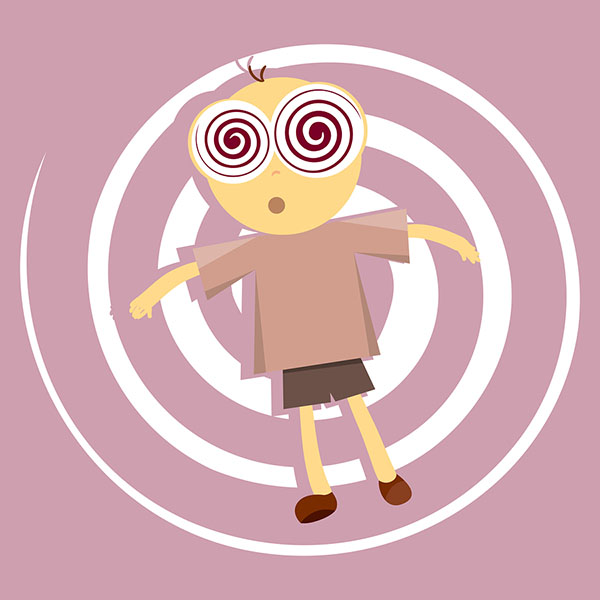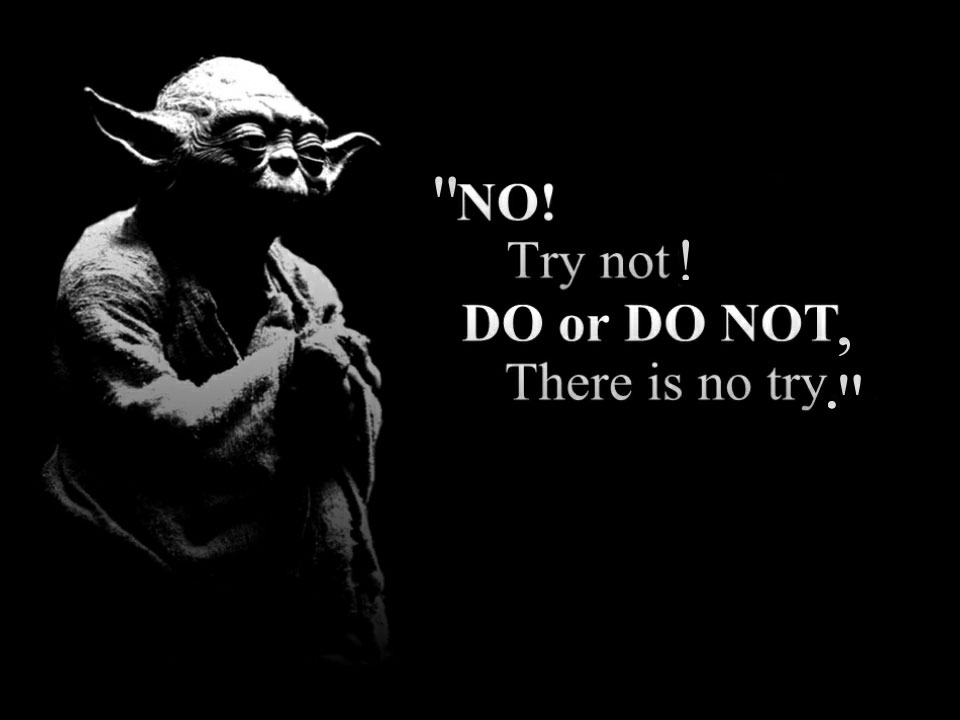[vc_row][vc_column width=”1/1″][vc_empty_space height=”32px”][/vc_column][/vc_row][vc_row][vc_column width=”1/12″ alt_color=”” alt_bg_color=””][vc_column_text]
[/vc_column_text][/vc_column][vc_column width=”5/6″ alt_color=”” alt_bg_color=””][vc_column_text]There are many instances in our daily lives when we depend on our instinct to make decisions because … we are simply too lazy it give an extra thought. However, to some, we have let our habits determine our way of life – for better or for the worse. While most of us try to change our habit by abiding faithfully to “tried-and-tested” methods that guarantee success, it usually ends up futile. Instead, here are some pointers you should take note so you could take charge of your life. And some irrational behavior we exhibit as consumers.
1. The More Confidence You Have, The Less Success You Have
In a study, participants were asked to predict if they will be successful in changing a habit they wished to change. Surprisingly, the stronger habits and most confident participants are the least successful in predicting and changing their habits.
The finding was striking because it hints at one of the dark sides of habits. When we perform an action repeatedly, its familiarity deceives our judgment about that behavior. We end up feeling we have more control over precisely the behavior that, in reality, we have the least control over.
In simpler terms, because we fail so many times, the familiarity gives an illusion of control. A control we sorely lack. This is why you always have junk food in your recent grocery shopping you swore never ever purchase again.
In this case, the more unsuccessful tries you attempt, the harder it is to break the habit.
How can we avoid it?
Either act as you intended or you do not try at all.
Follow Yoda’s advice:
2. It Hurts Your Brain
Habits are easy to perform, which makes it attractive and relied upon. We rather let our habit take charge to avoid difficult decisions. After a long day of work, who cares which brand of milk I buy as long as it’s milk?
Deliberation hurts the brain, not much, but just enough to make us wonder whether a slightly better cooking oil is really worth the effort. So we do not put in much effort in choosing. It’s easy to see why we become an unconscious consumer, often left wondering why we made certain purchases.
To change your habit, it requires conscious effort and awareness of your every action. Should I eat this or later? Should I be getting these snacks that are on sale? How much have I accomplished today? Sometimes these decisions are insignificant by itself, but we clearly know how it affects the consequences later. Such as the healthiness of snacks we have at home are determined by the fleeting moment when we instinctively put that chips into our shopping cart.
How can we avoid it?
Sadly, there is no easy way out. You have to be conscious and exercise self-control to differentiate habitual and deliberate actions. Now that you know yourself better, it’s definitely a great start.
3. Your Environment/Context Influences You More Than You Think
A famous quote “The abode of man is his fate.” nicely summarizes this point. In simpler terms, it means your abode(home) influences your habit which shapes your character that determines your fate.
Now, whether you can control your fate or that control is just an illusion is another topic for another article. What we can all agree is that our environment will influence how we make decisions.
On consumption behavior, the environment greatly affects your purchase. If satisfaction was the key to keeping a customer loyal, why did between 65% to 85% of people who switch brands are either satisfied or very satisfied? Marketing professionals are baffled about why people made the switch. It was later found out that most of those purchases are habitual purchases – the same purchase under the same situation that saves us time and effort. Customers were satisfied with the experience but not on the product itself.
By itself, satisfaction predicts very little of people’s behavior. Rather, context should be another factor to consider. Brand loyalty becomes important when purchases are new and different situations. For example, choosing a new car is unlikely a habitual purchase. Thus, brand loyalty becomes an important factor that could retain customers.
How can we avoid it?
So for those who are trying to break a habit, try completing the same task at a different place and if that is not enough, try mixing with people who is doing it right.[/vc_column_text][/vc_column][vc_column width=”1/12″ alt_color=”” alt_bg_color=””][vc_column_text]
[/vc_column_text][/vc_column][/vc_row][vc_row][vc_column width=”1/1″][vc_empty_space height=”32px”][/vc_column][/vc_row][vc_row][vc_column width=”1/12″ alt_color=”” alt_bg_color=””][vc_column_text]
[/vc_column_text][/vc_column][vc_column width=”5/6″ alt_color=”” alt_bg_color=””][vc_column_text]
P.S: If you find this article interesting, like us or follow us on Facebook so you will be notified when we post the next article! Alternatively, you can subscribe to our newsletters!
[/vc_column_text][/vc_column][vc_column width=”1/12″ alt_color=”” alt_bg_color=””][vc_column_text]
[/vc_column_text][/vc_column][/vc_row]



